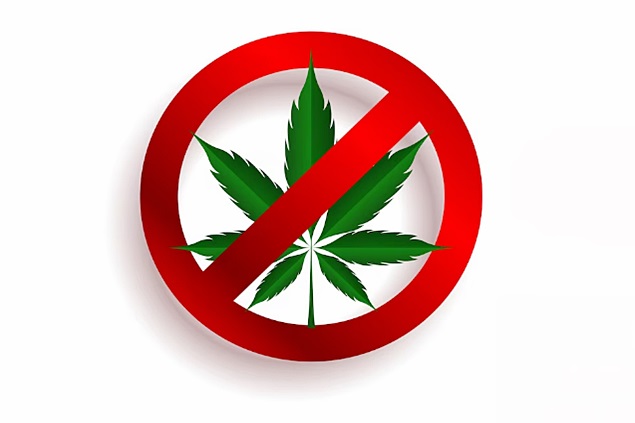1249

The National Sanitary Veterinary and Food Safety Authority (ANSVSA) is actively involved in the fight against drugs through thematic inspections to detect the illegal use of psychoactive, psychotropic, and narcotic substances in non-animal origin food products.
To achieve this goal, ANSVSA is launching comprehensive inspections nationwide aimed at uncovering the illegal use or marketing of psychoactive, psychotropic, and narcotic substances in non-animal origin products.
These inspections target importers and storers of hemp seeds used in the food industry, processors and traders of hemp and poppy seeds, products derived from these seeds, or products containing hemp and poppy seeds. Additionally, processors and traders who may illegally use or market psychoactive, psychotropic, and narcotic substances in non-animal origin food products will also be subject to inspection.
Furthermore, inspections will be conducted at non-animal origin food product storage facilities, vegetable oil manufacturing units, milling and bakery product manufacturing units, confectionery and pastry product manufacturing units, chocolate and sugary product manufacturing units, and other units that might illegally use or market psychoactive, psychotropic, and narcotic substances in non-animal origin food products.
It should be noted that current legislation in the field of food products allows for the marketing of hemp seeds derived from the Cannabis sativa L plant, poppy seeds, and products made from these seeds, such as seed oil, seed flour, dehulled seeds, bakery products, or products derived from them.
The presence of tetrahydrocannabinol (THC) and poppy alkaloids is permitted within certain limits, as regulated by the EU, under legislation concerning contaminants.
Depending on the specific nature of the unit being inspected and the products available at the time of inspection, ANSVSA inspectors will collect samples of hemp seeds, poppy seeds, products derived from them, or containing them, for laboratory determinations of contaminants, such as THC and opium alkaloids, as provided in the ANSVSA Surveillance and Control Program for food safety.
If there is suspicion that certain food products, such as chocolate, biscuits, cereal bars, jellies, dragees, chewing gum, energy drinks, beer, may contain substances susceptible to having psychoactive effects, psychotropic substances, or narcotics contrary to current legislation, samples from these products will be taken.
The samples collected will be sent for analysis to the National Institute of Hygiene and Veterinary Public Health (IISPV), the national reference institute for food safety.
In cases where official inspections identify non-compliance with the maximum allowed levels of contaminants in food products, measures will be taken to ensure that the products are not placed on the market and/or they will be withdrawn from the market, as appropriate. These breaches will be reported through the Rapid Alert System for Food and Feed.
If it is found that the objectives being inspected do not comply with the provisions of current legislation, county Veterinary and Food Safety Directorates will apply contraventional sanctions, and, as applicable, will officially retain non-compliant products, suspend or prohibit the activities of the respective units, and inform other competent authorities.
In accordance with the provisions of Law No. 194/2011, any operator conducting or intending to carry out operations with products susceptible to having psychoactive effects through consumption, even if the purpose for which they were produced is not consumption, other than those subject to the legal regime established by current regulations, is obliged to request authorization from the National Sanitary Veterinary and Food Safety Authority, through the Institute for the Control of Biological Products and Veterinary Medicines (ICBMV), which will be granted following the opinion of a commission consisting of representatives of the Ministry of Health and the Ministry of Internal Affairs.
After authorization, ANSVSA maintains and updates a special register that includes the operations and products for which authorization has been issued, as well as the authorized operators; the data from the register are made public by posting on the institution's website.
It should be noted that, to date, ICPBMV has not received any authorization requests under Law No. 194/2011.
"ANSVSA, together with other authorized public authorities and institutions, participates in the development of specific regulations in the field, as well as in actions to combat operations with products susceptible to having psychoactive effects, within the limits of the responsibilities established by specific legislation.
The National Sanitary Veterinary and Food Safety Authority is committed to contributing to the fight against drugs by intensifying our specific control actions. We join other state institutions in protecting public health and combating this scourge, which has disastrous consequences for society as a whole," said Alexandru Bociu, President of ANSVSA, in a statement. Communication and Documentary Logistics Service





